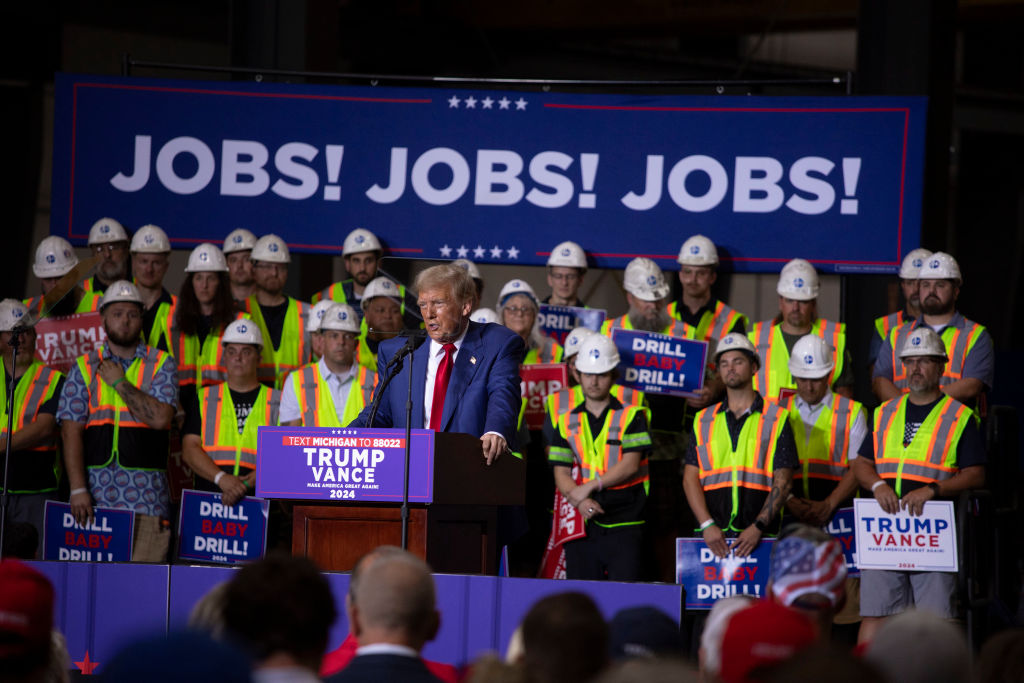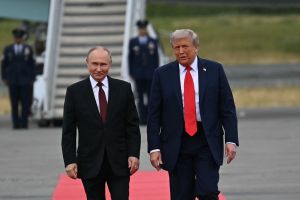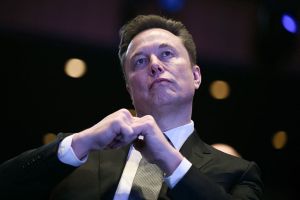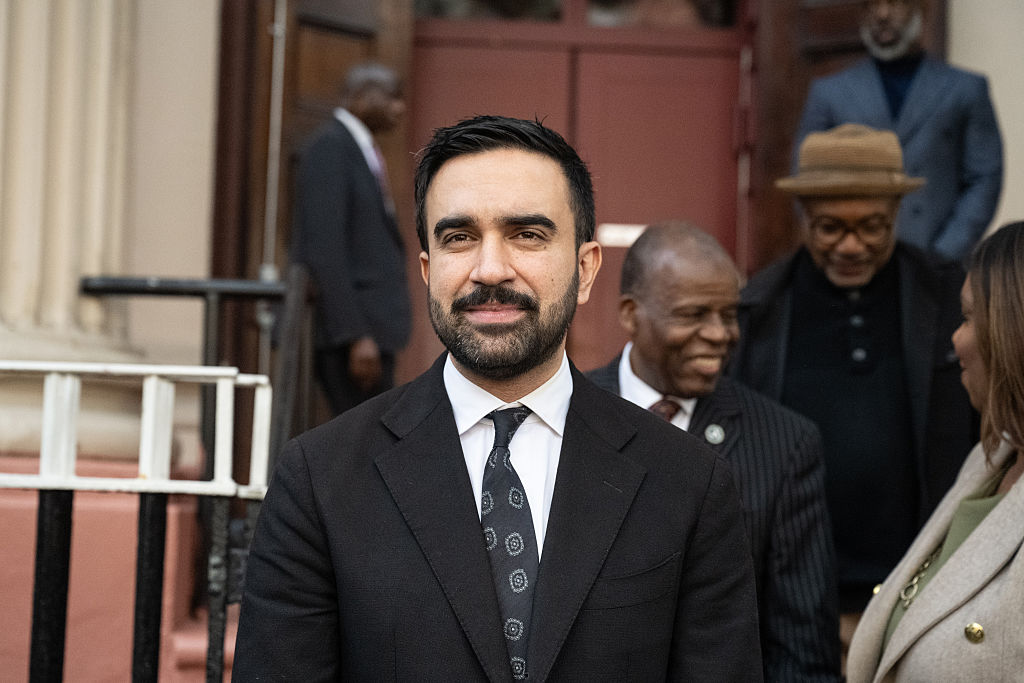When it comes to the economy, Americans typically trust the Republicans. They’re the party traditionally aligned with big capital; and their policies — low taxes and minimal government interference — sound sweet in a believer’s ear. Donald Trump, leading the GOP for the third election in a row, is a famous businessman; and the party’s previous nominee, back in 2012, was Mitt Romney — the co-founder of one of the largest private equity firms in the world. The Republicans, you might think, are a safe pair of hands. However, despite the Republicans prioritizing the economy, it’s the Democrats who have the far superior record.
Of the eleven recessions since World War Two, ten have begun under the Republicans
Of the eleven recessions since World War Two, ten have begun under the Republicans. That doesn’t include the Great Depression, which started under Herbert Hoover (Republican) and was resolved by Franklin D. Roosevelt (Democrat).
When it comes to unemployment, historically things don’t look much rosier for the Republicans. Since the presidency of George H.W. Bush, every time the Republicans have been in office, the rate of unemployment has been higher when they left than when they arrived. Over the same period, at the close of each Democratic government, unemployment has been lower than when they started. According to data that goes to the end of September, this decades-old trend continues under current Democratic president Joe Biden.
Now to this election, where the economy ranks as voters’ primary concern. Two weeks ago, Mark Zandi, chief economist at the financial services behemoth Moody’s, marked the Biden economy as “an A+.” Even if Zandi (who has previously advised candidates from both parties) was slightly hyperbolic, he’s not alone. In June, sixteen Nobel Prize-winning economists wrote a joint letter arguing that the Biden-Harris economic plan was “vastly superior” to Trump’s. Even Goldman Sachs (that well-known leftist firm) suggested that Harris’s proposals were slightly stronger.
Voters, however, don’t agree. Rather than trust the Democrats’ institutional know-how, polls show that Trump has a slight advantage on the economy. Given the histories of both parties, and forecasts based on Harris and Trump’s proposals, it’s remarkable that they’re even close.
Assessing Trump’s economic acumen is, admittedly, as with much else about him, rather complicated. Although his presidency reinforced the negative Republican trends mentioned above, both the recession and the rise in unemployment were almost entirely attributable to Covid-19. Before the pandemic hit in March 2020, Trump’s economy was stellar. Household income was healthy, unemployment was low, and the stock market was booming.
There was however, an Achilles’ heel. Despite Trump’s vocal support for domestic manufacturing, during his tenure the sector lost a net 178,000 jobs. Under Biden, they’ve risen by 729,000. It’s an argument that the Democrats should be using in the crucial Rust Belt states — Michigan, Wisconsin and Pennsylvania.
In the run-up to the 2024 election, Trump is pledging additional policies to create jobs in manufacturing. In a bid to boost domestic production and reduce the US’s trade deficit, he has proposed a 10 percent tariff on foreign goods imported from countries other than China. Chinese goods, he has suggested, would be subject to a tariff of 60 percent or more. The tariffs may be well-intentioned, but they are dreamy and idealistic. Americans concerned about inflation right now (which has fallen to 2.4 percent) should watch what happens if Trump taxes the hell out of China.
Despite data, policies and party history being in their favor, neither Biden nor Harris has been able to win the economic argument against Trump. Part of this is because American polarization is so severe that it even affects how people view the economy. It’s also the case that, ever since The Apprentice, Americans regard Trump as an accomplished businessman.
Similarly important is that the Republicans are more willing to talk about the economy, which is, after all, consistently what matters most to voters. Earlier this year, then-candidate Joe Biden, who had a good economic record, focused his campaign on more ethereal matters such as the defense of democracy. Bill Clinton’s campaign understood that it’s “the economy, stupid.” To be more precise, it’s how people view the economy. The Republicans’ economic renown is more down to effective political branding than superior management or theory. It’s a classic case of perception trumping reality.
This article was originally published on The Spectator’s UK website.


























Leave a Reply